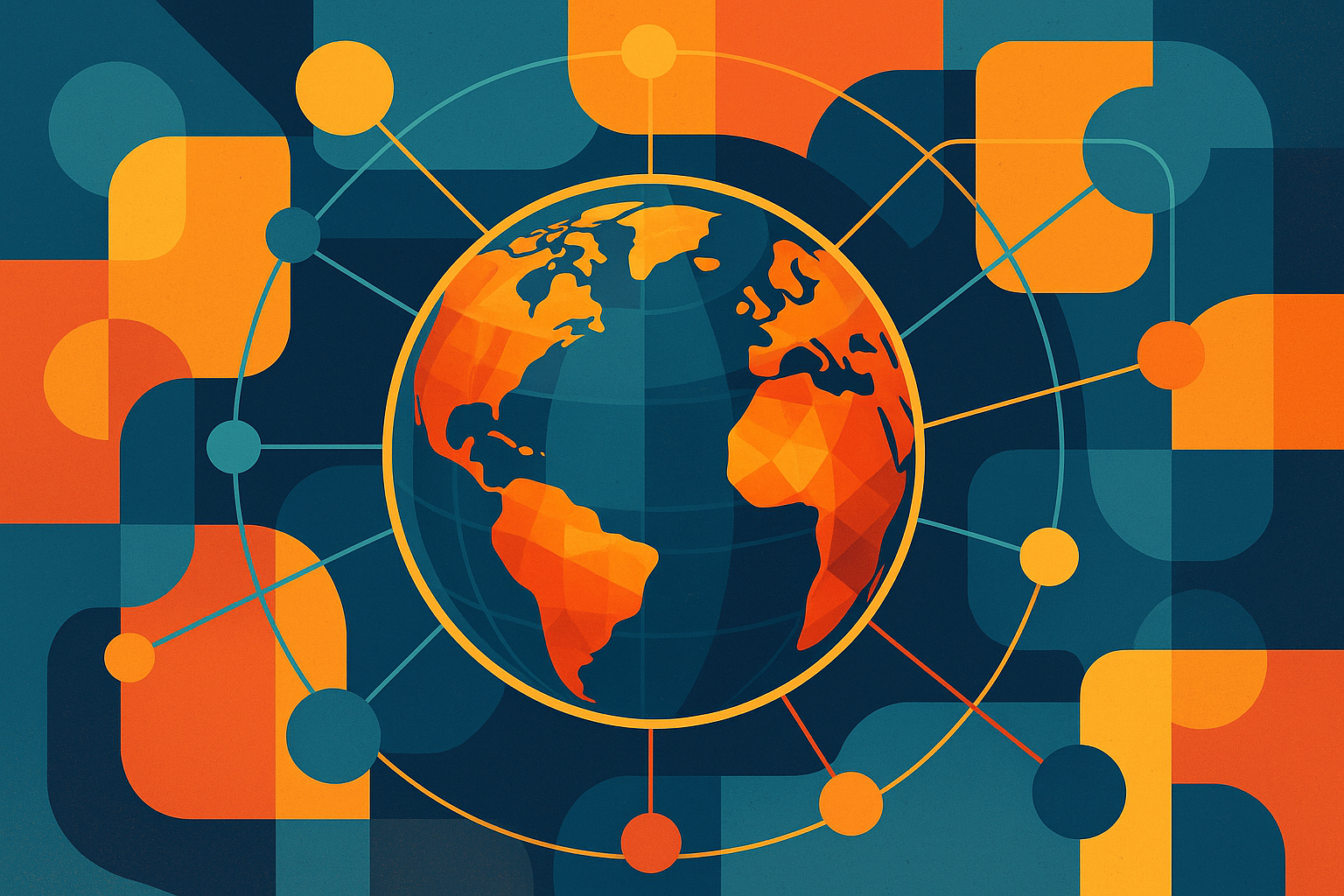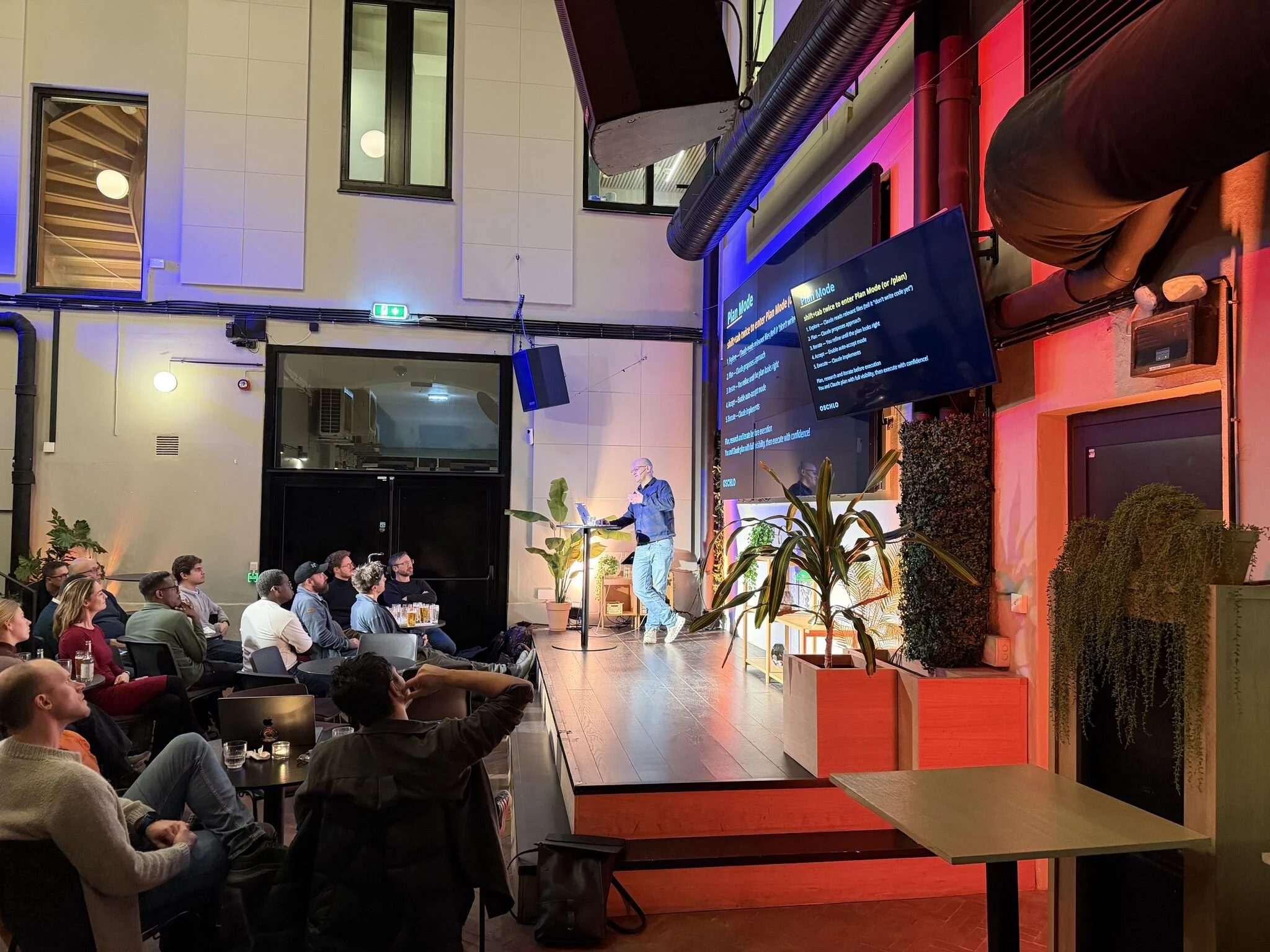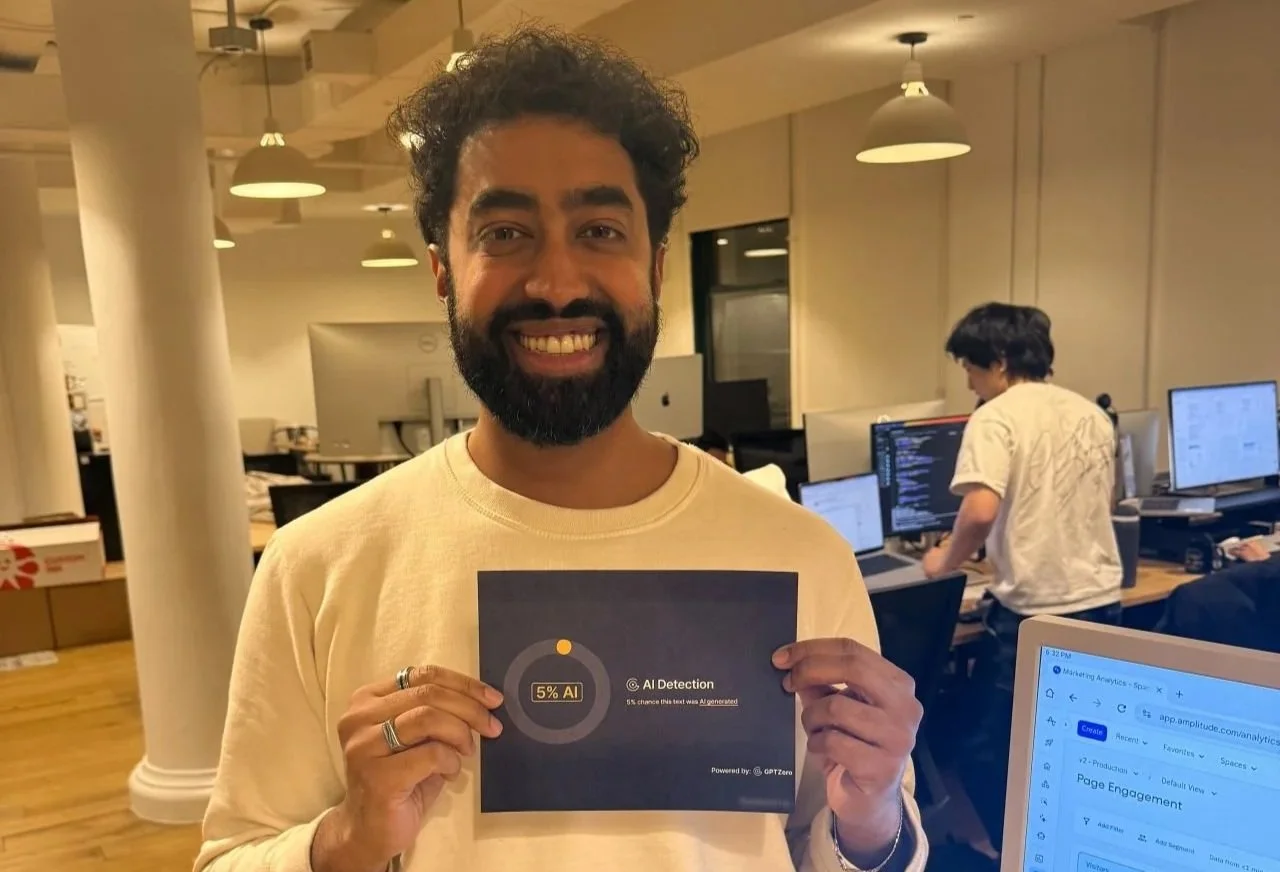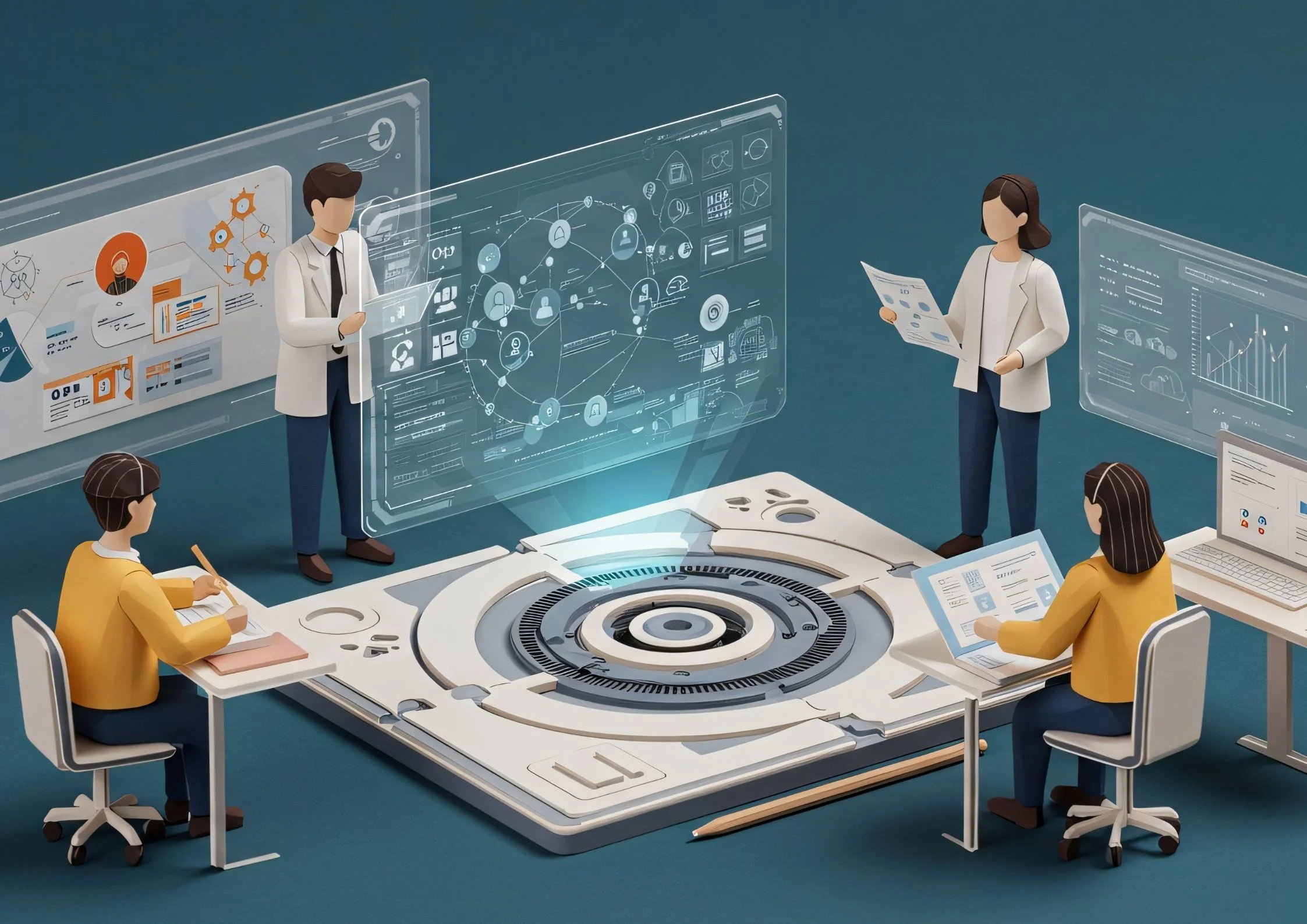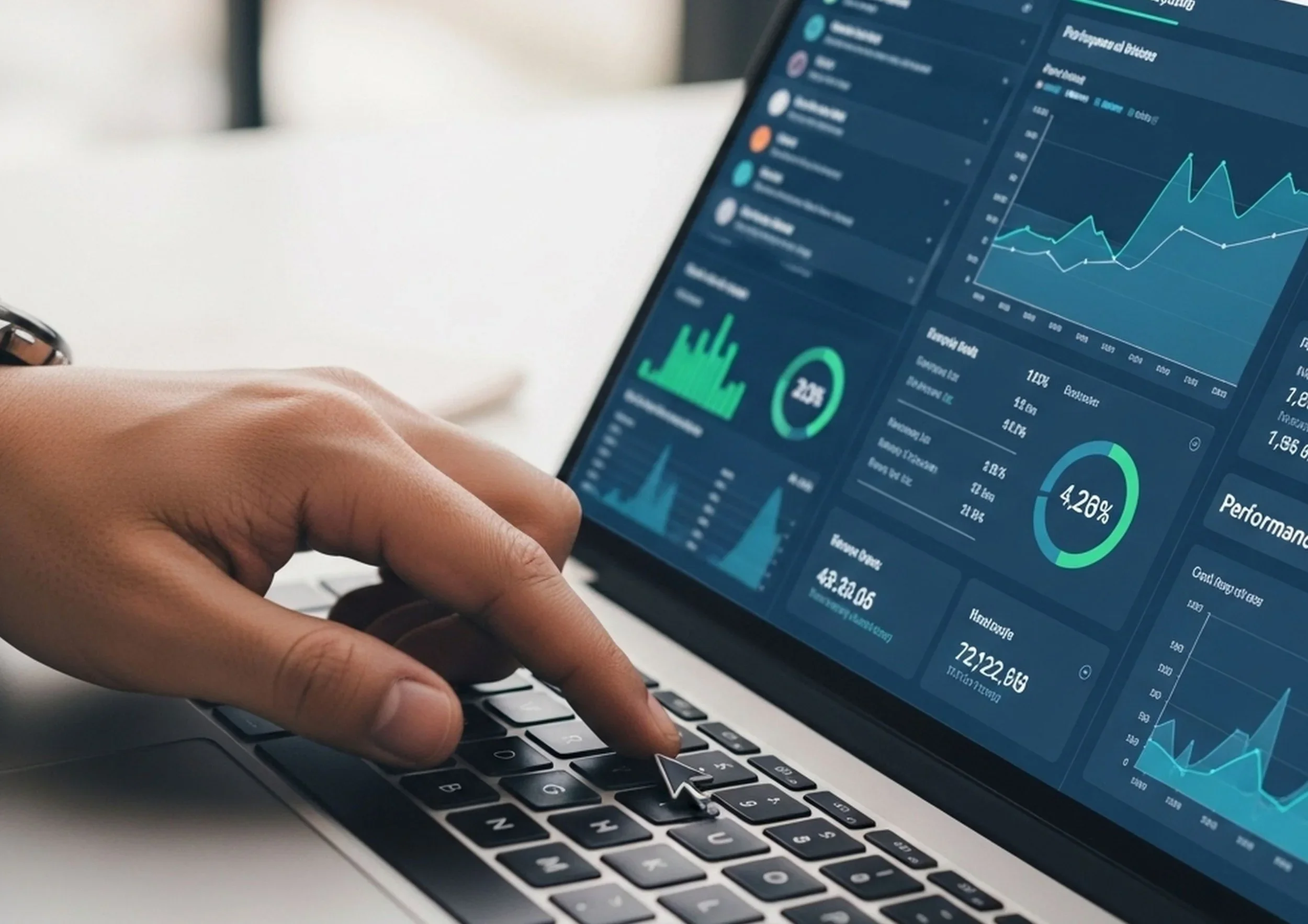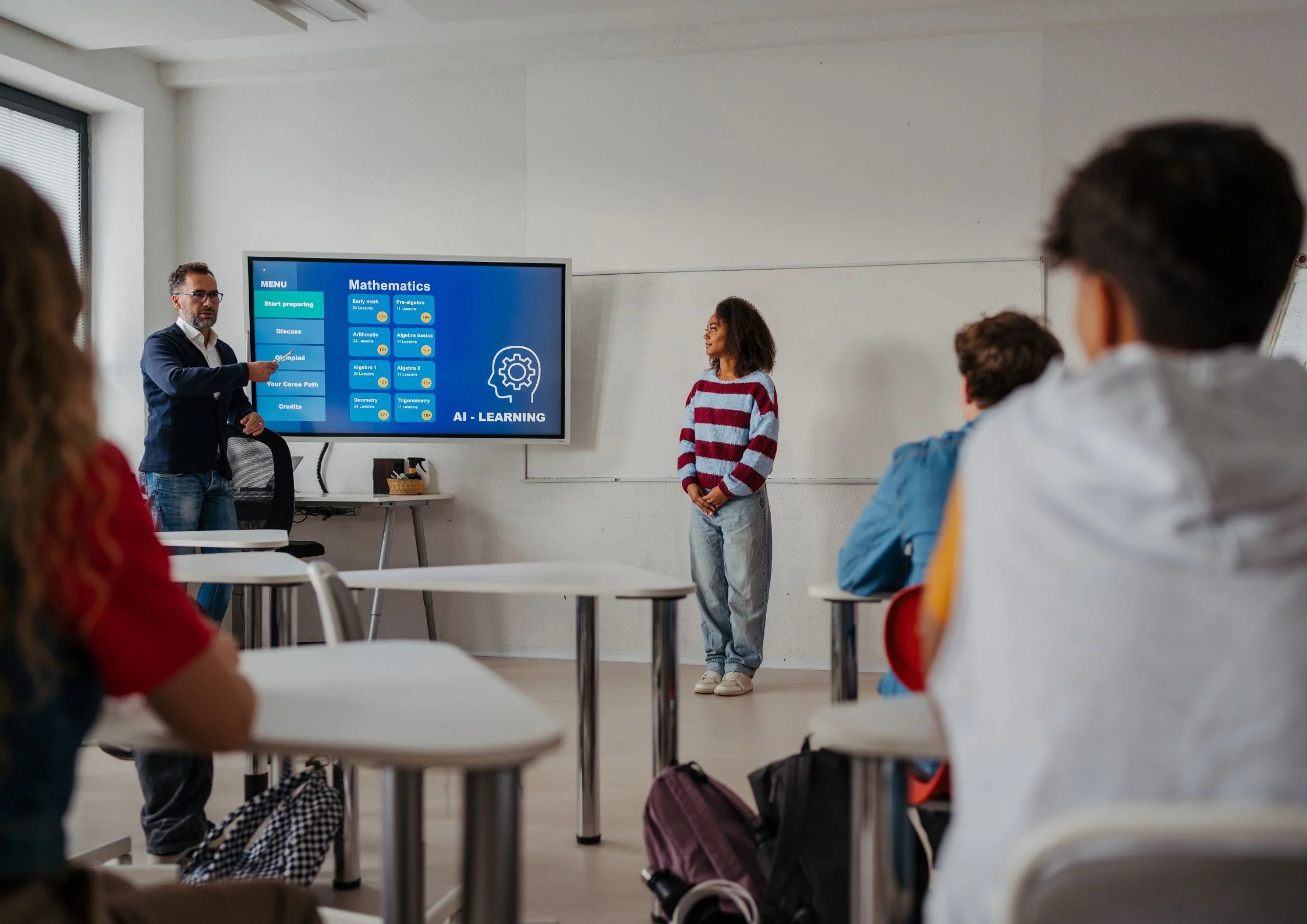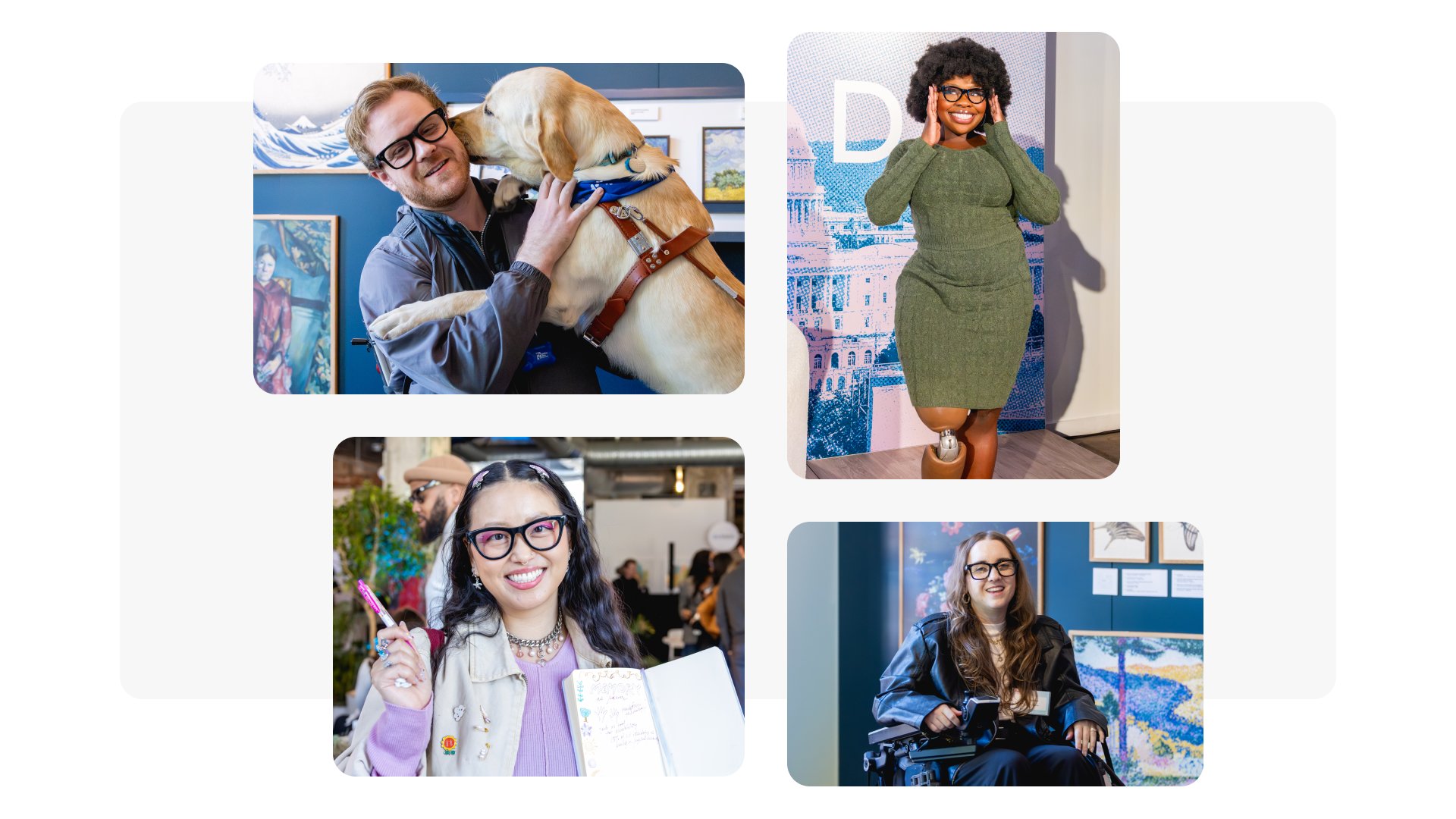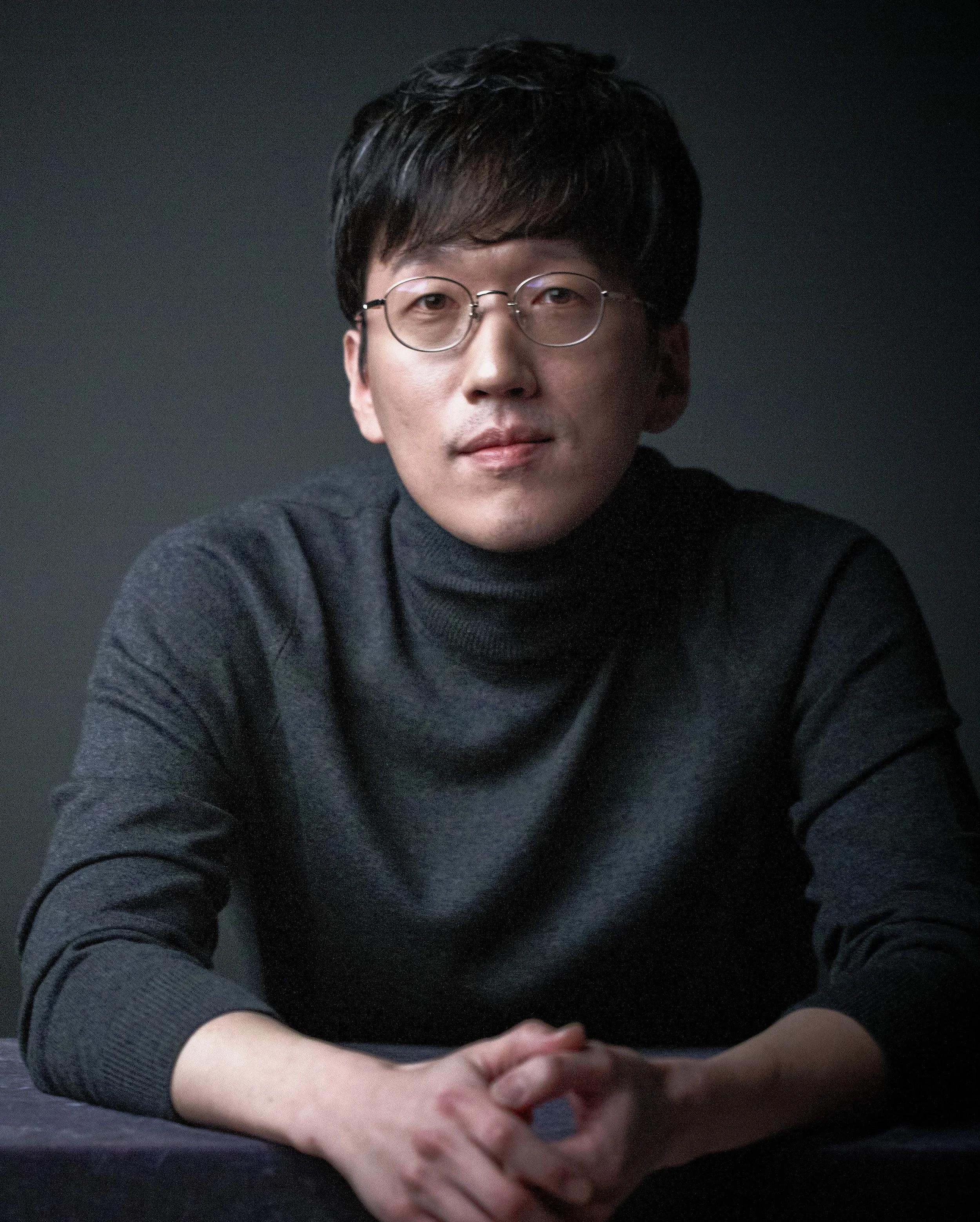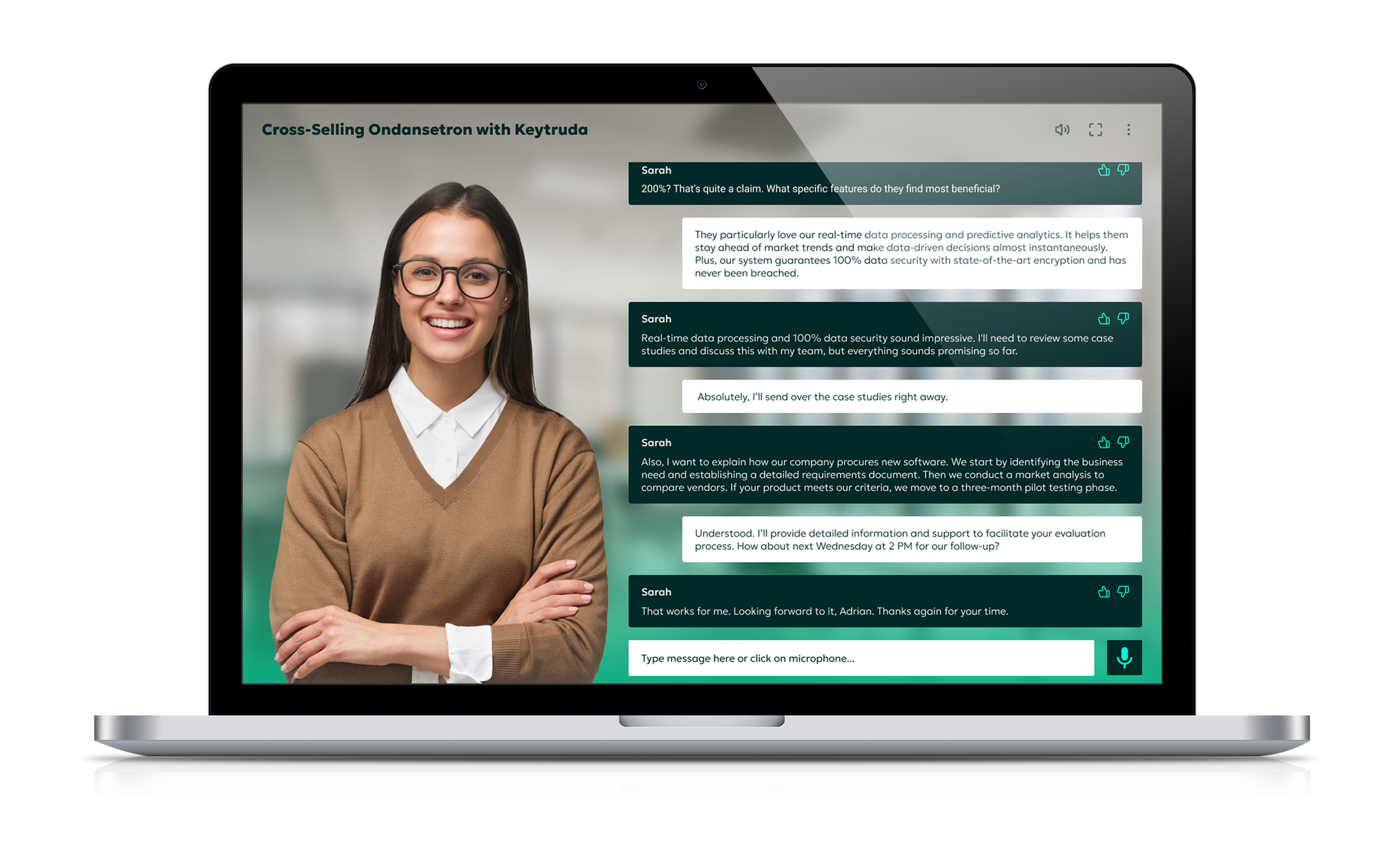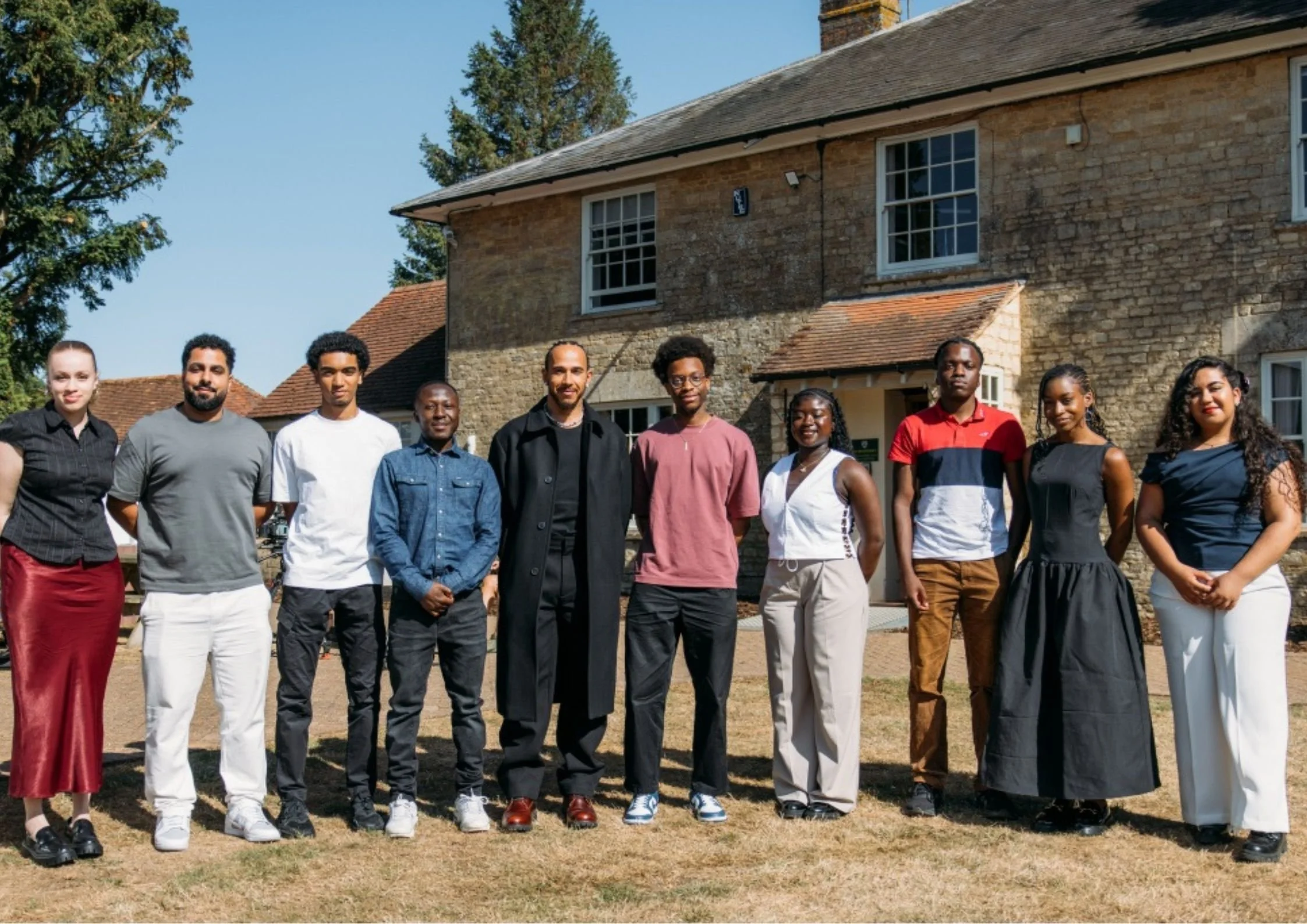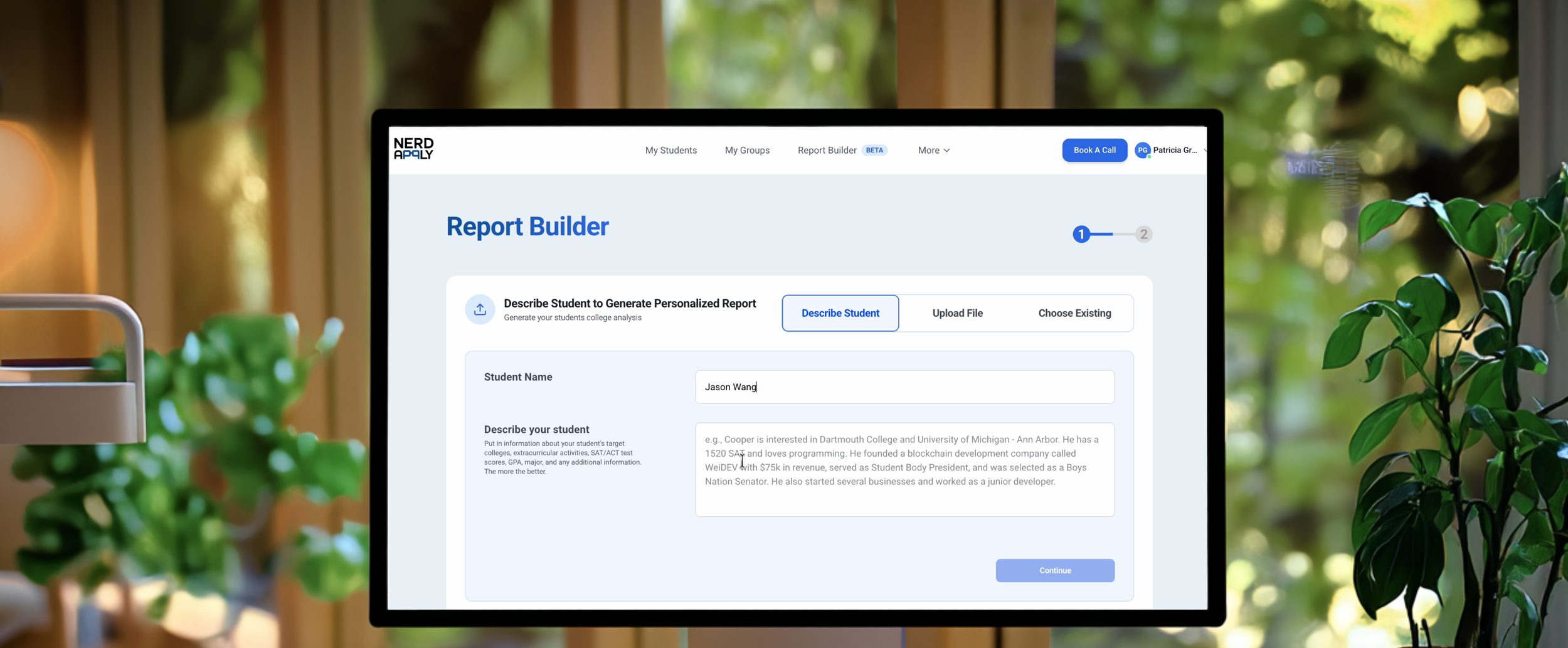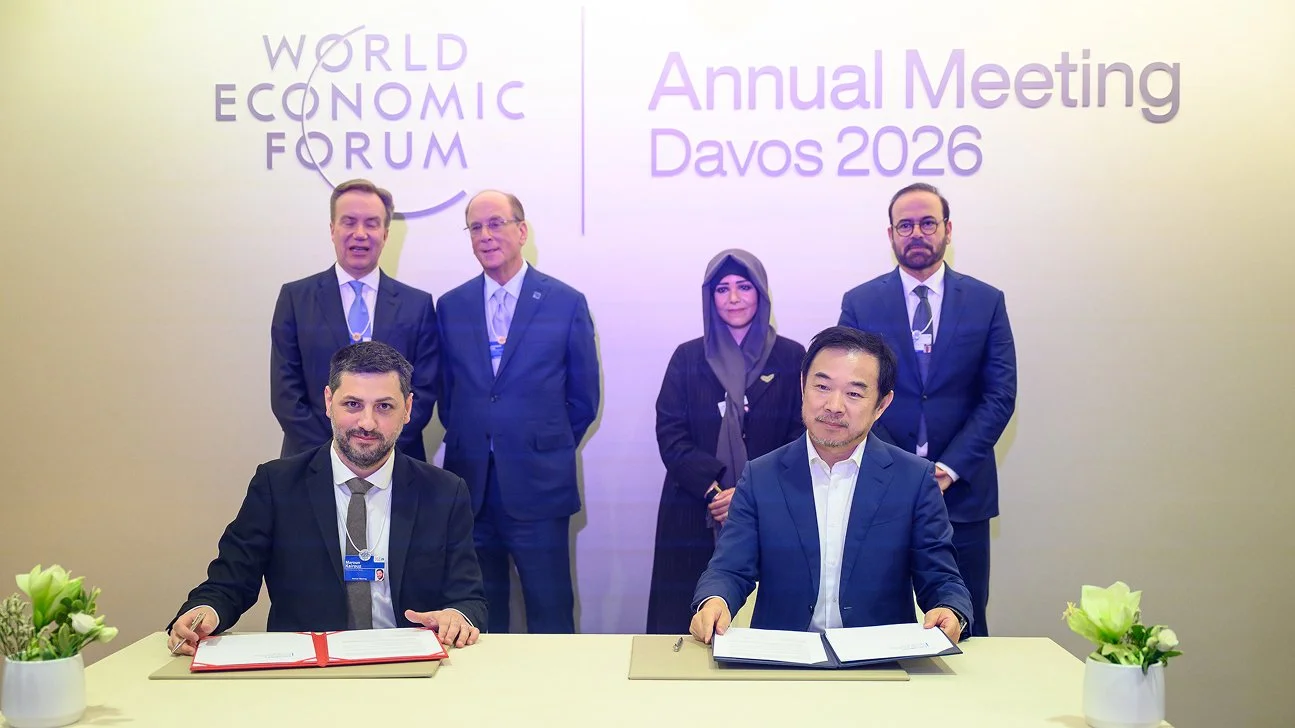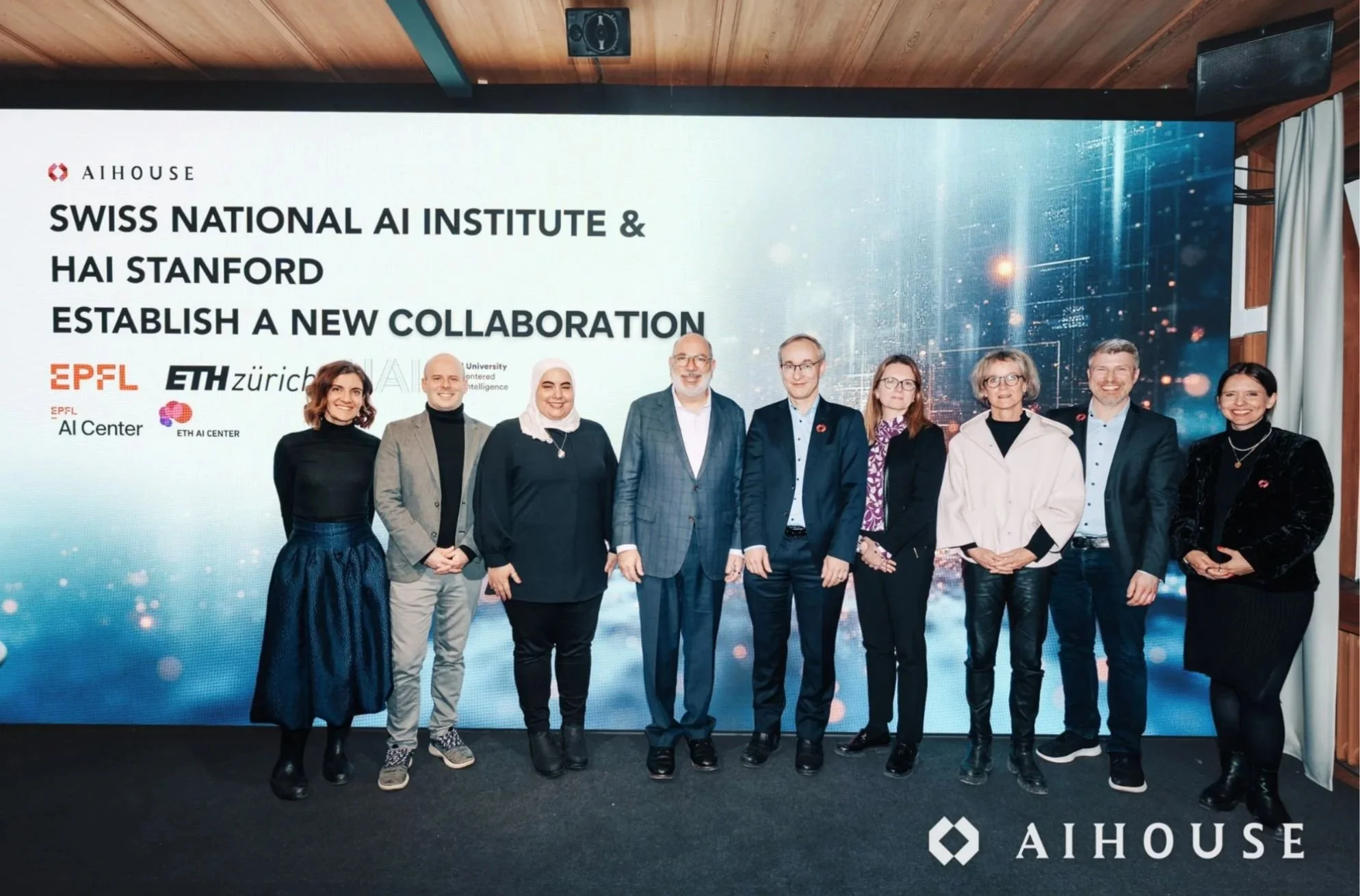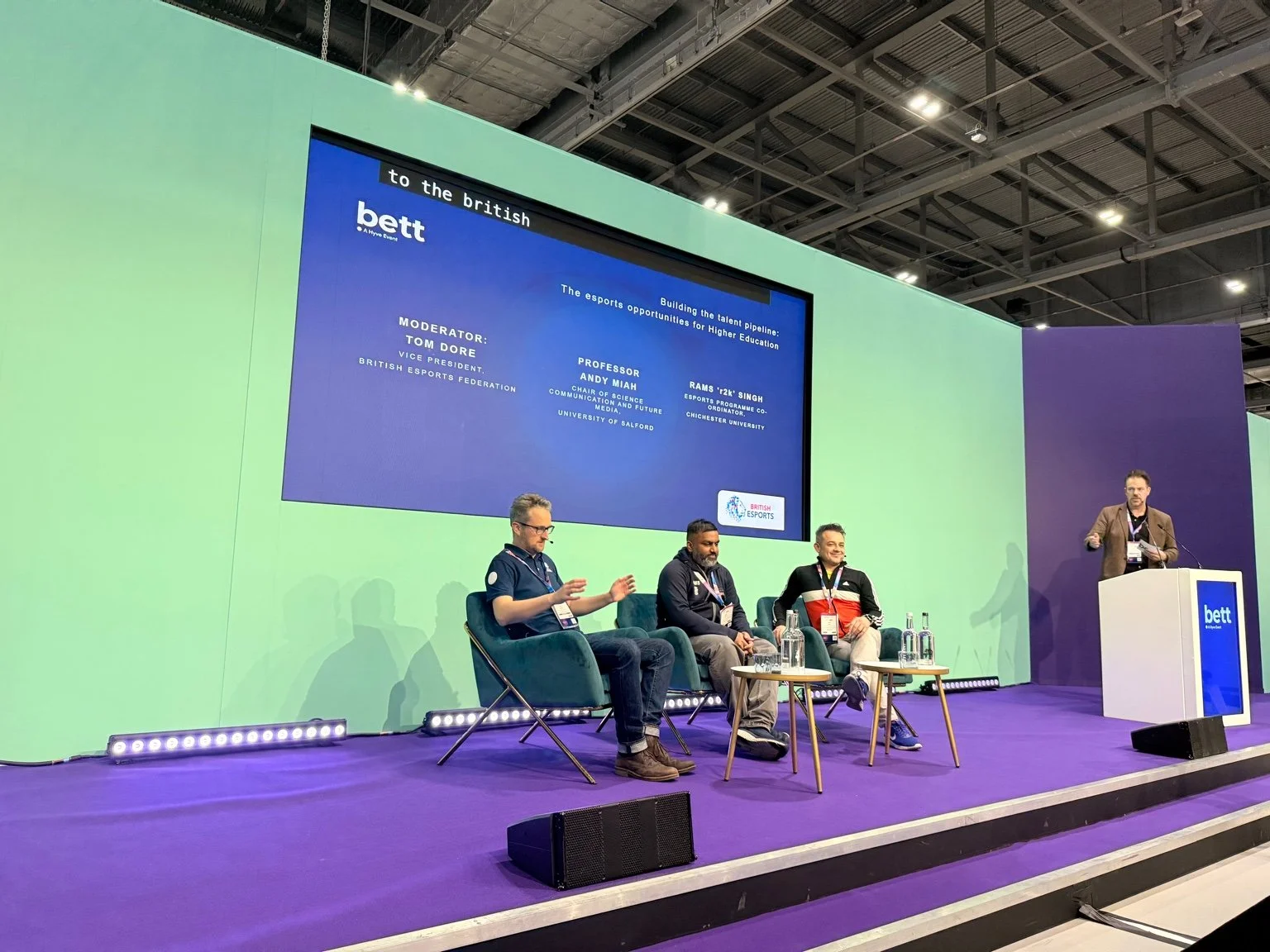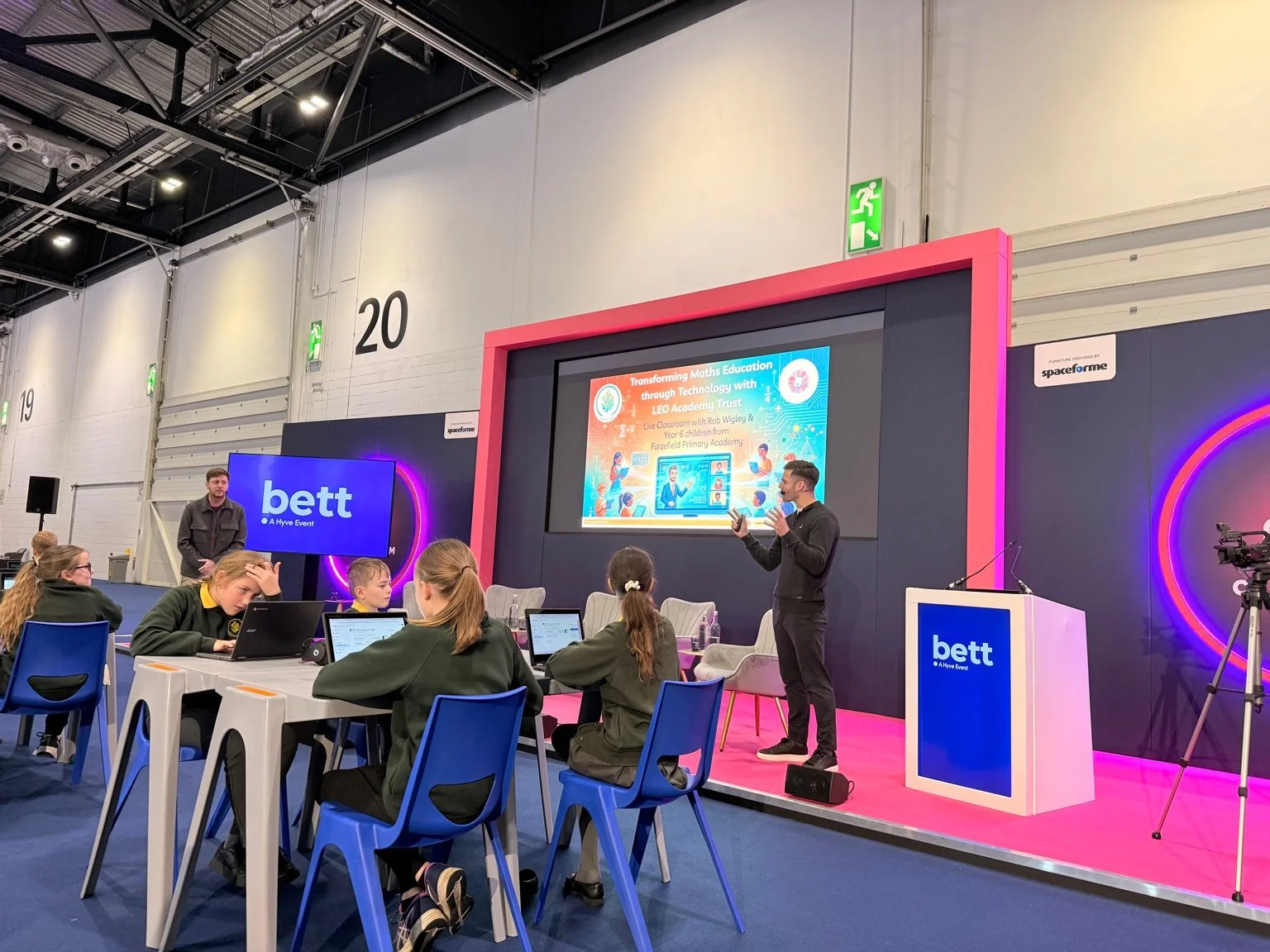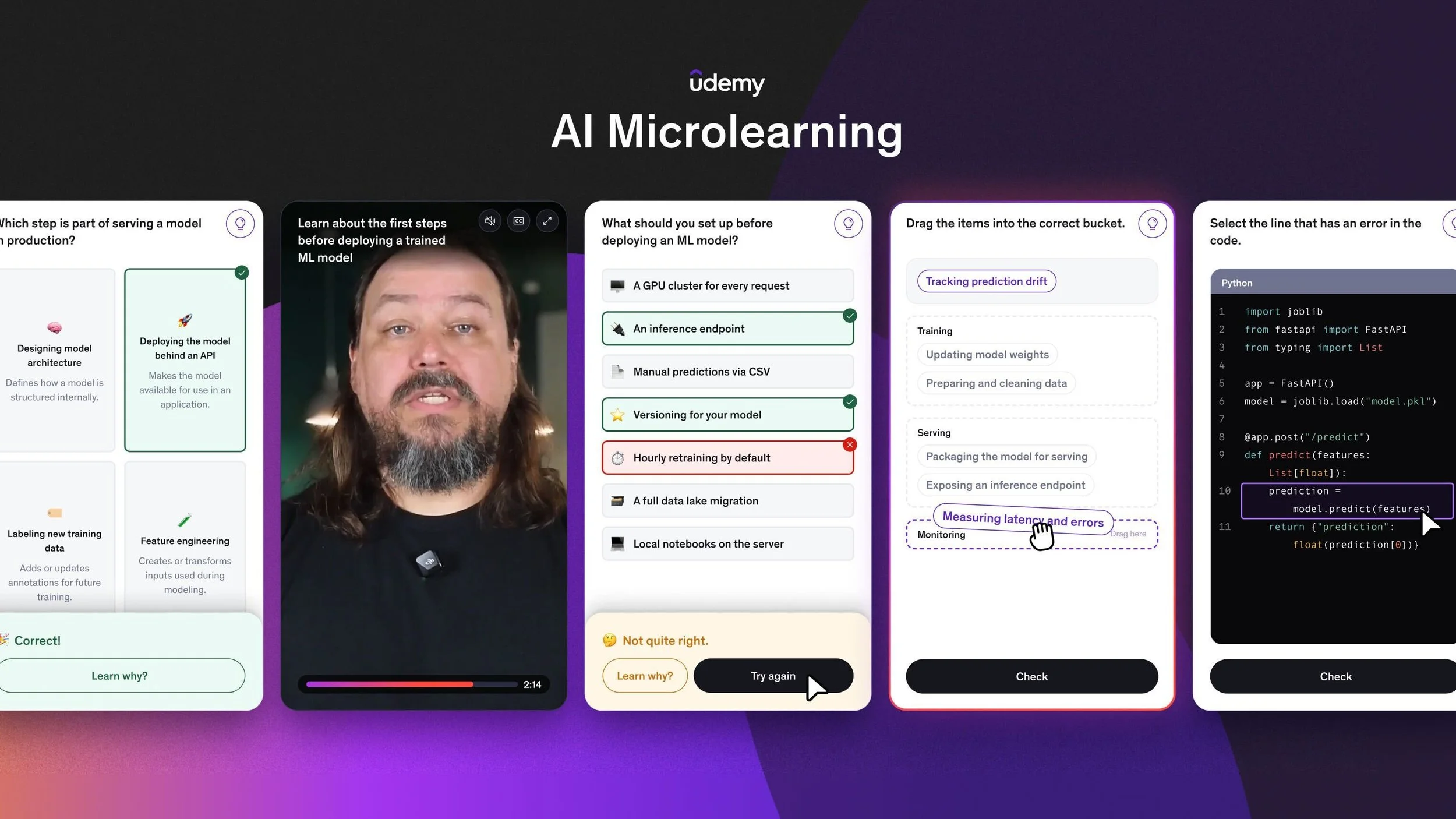The Center for AI and Digital Policy backs five experts for new UN International AI Scientific Panel
The Center for AI and Digital Policy has endorsed five candidates for the UN’s newly established global AI panel, which aims to strengthen evidence-based understanding of artificial intelligence.
The Center for AI and Digital Policy (CAIDP), an independent nonprofit organization that promotes responsible technology governance, has announced its endorsements for membership in the United Nations’ new International AI Scientific Panel.
In a LinkedIn post, CAIDP said it supports five candidates: Professor Virginia Dignum of Umeå University and Delft University of Technology; Professor Arisa Ema of The University of Tokyo; Professor Alondra Nelson of the Institute for Advanced Study; Professor Stuart Russell of the University of California, Berkeley; and Professor Emma Ruttkamp-Bloem of the University of Pretoria.
Global framework for AI governance
The panel, established under UN Resolution A/RES/79/325, will bring together 40 experts serving in their personal capacities for a three-year term beginning in 2026. According to the UN, it will “play a key role in advancing global, evidence-based understanding of artificial intelligence (AI).”
The Secretary-General will recommend members to the General Assembly based on expertise, interdisciplinarity, and geographical and gender balance.
CAIDP said it “strongly supported the creation of the AI Scientific Panel” in earlier statements to the UN, referencing its 2023 report Global AI Governance: A Five-Point Plan for the UN Advisory Board on AI. The organization has long advocated for a structure modeled on the Intergovernmental Panel on Climate Change (IPCC), providing annual assessments on AI developments for UN member states.
CAIDP reiterated that technical metrics alone should not determine AI risk. “We are concerned that the methodology put in place to assess global AI risk will prioritize technical characteristics without considering the impact that AI systems may have on fundamental rights and sustainable development. Compute is not the sole indicator of risk to humanity,” the organization wrote.
The Center’s recommendations urge that assessments align with the Universal Declaration of Human Rights (UDHR) and the UN’s Sustainable Development Goals (SDGs). “Progress would therefore be measured by alignment with the universal values previously established by the UN,” the post noted.
UN commitment to inclusive development
The UN established the panel following the Global Digital Compact adopted at the 2024 Summit of the Future, which called for an “open, safe, and inclusive digital future.” The creation of the AI body was part of broader efforts to ensure that governance frameworks keep pace with technological change.
UN Secretary-General António Guterres said: “We must prevent a world of AI ‘haves’ and ‘have-nots’. We must all work together so that artificial intelligence can bridge the gap between developed and developing countries—not widen it. It must accelerate sustainable development—not entrench inequalities.”
The deadline for applications to join the panel is October 31, 2025, with the final list of 40 members to be confirmed by the UN General Assembly.
CAIDP said it views the creation of the panel as a significant opportunity for global coordination in AI policy. “UN member states need better information about the capabilities of AI systems and annual, evidence-based assessments,” the organization said.

